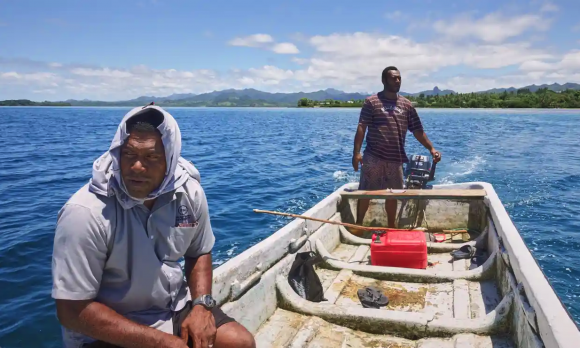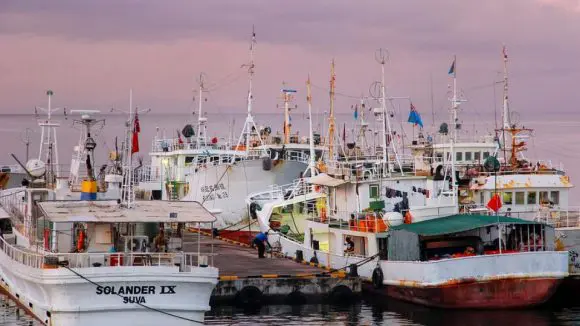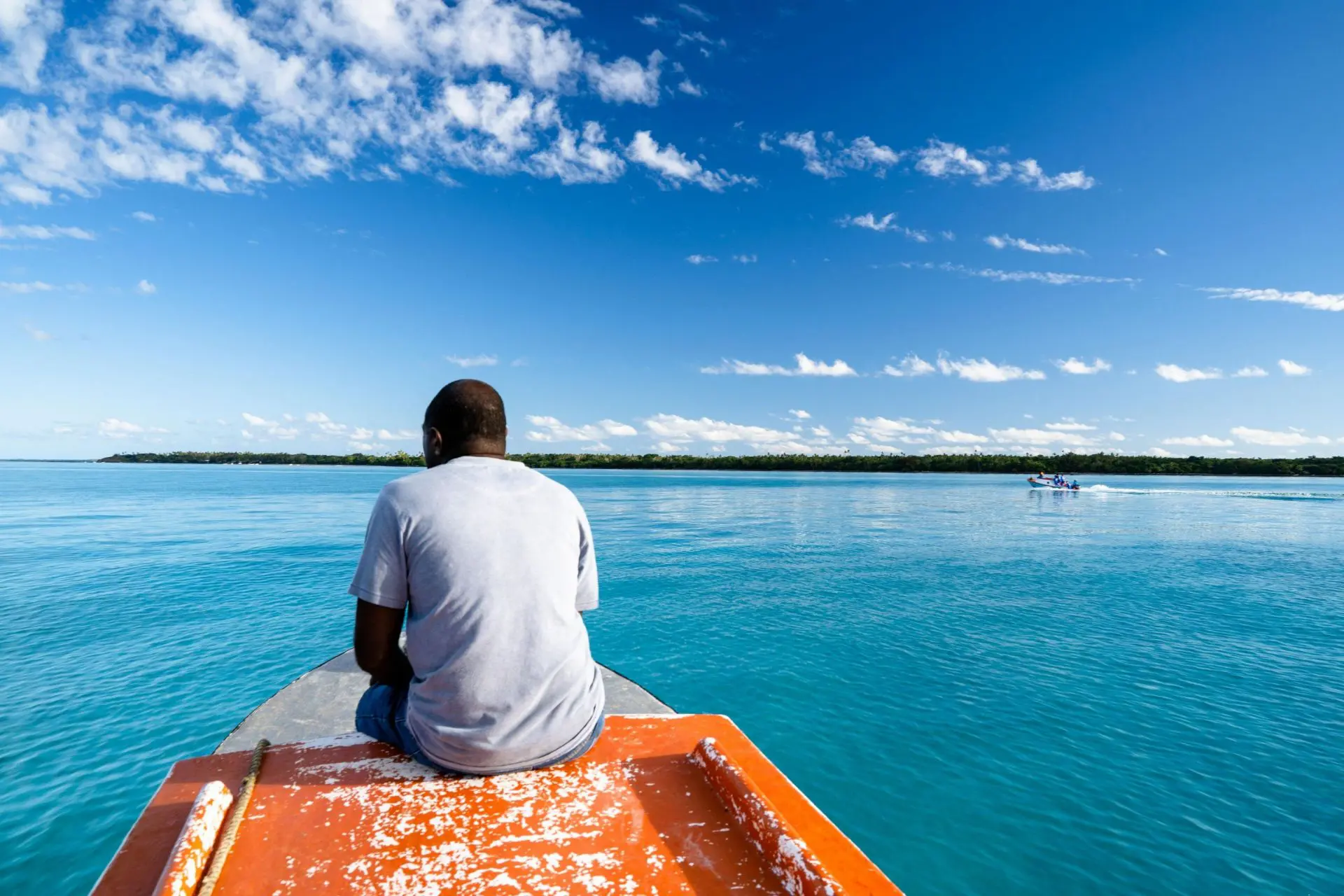By clicking submit, I consent to my personal data being collected, stored, and processed by Think Pacific in accordance with our Privacy Policy.
A National Perspective: Water
Access to clean water for drinking and bathing, and clean oceans and rivers are essential for Pacific Islanders. Pollution of our water and oceans can take away the basis of people’s livelihood, survival, and lifestyle. The negative cost of industrialisation, modernisation and unsustainable development has resulted in pollutants being deposited into our rivers and coastal areas.
– Filimone Tuivanualevu, USP Masters Student
The rivers and ocean systems are an integral part of Fijian life. Not only does the Fijian connection to land and sea, as determined by the concept of Vanua (learn more in the Fijian culture modules), have cultural and spiritual grounding but they also act as a source for livelihood and significant community and national economic value.
This video shows how villages in remote areas of Fiji deal with water and some of the challenges that they face in accessing it.
Thoughts to ponder:
Is clean water required to flush toilets, or can brackish/sea water water be used? What other ways can toilets can be flushed without water?
A 2007 report exploring the challenges of water in the Pacific.

In Fiji, the word ‘tabu’ (pronounced ‘tam-boo’) means ‘forbidden’. In Fijian culture, certain areas of land of oceans are marked as ‘tabu’ areas in order to allow that particular area to revive and return back to its natural state. With regards to fishing, certain areas of a village’s reef may become tabu for a certain period of time before the area is then moved.
Thoughts: Are worldwide fishing operations this mindful of ocean revival?

‘Fiji’s tuna boat owners say Pacific nations must cut the number of licences they give to foreign fishing fleets if they want to save the local industry.’
This article states that ‘approximately 75% of the domestic fleet have ceased operation in the last ten years, with most fleets being able to catch less than 50% of the amount of fish needed for those companies to break even’.

Having masks gave divers in Fiji the ability to see in the water for the first time. Whilst this brought more food to the table, there were also downsides to the reefs.
People could only ever catch a limited amount. However, after the introduction of the dive mask and underwater torch, fishermen are able to catch all through the night whilst fish slept on the sea floor. This gave more fishermen a better means of income, but is having a devastating impact of fish stocks.
As a result, the Fijian government are looking to ban certain areas from spearfishing at night.
Aquaculture is being considered as way of allowing fish stocks to replenish in the ocean.
The concept is through creating designated netted areas in the sea, or using concrete tanks on land, fish can be ‘farmed’ and the fish in the ocean can left alone.
However, this idea has been criticised as the fish require large amounts of feeding, a lot of which comes from fish the sea.
Other challenges are that the fish could escape the nets and travel to the ‘wild’, where they may introduce disease and devastate native species.

